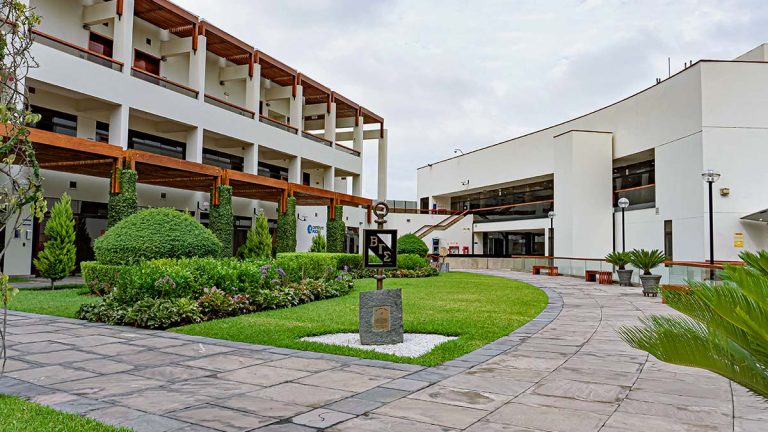ABSTRACT
Unlike previous studies that tested quality factors as antecedents of satisfaction, this study examines emotional experience, emphasizing its role as a mediator of the relationship between quality variables and levels of satisfaction, loyalty, and electronic word of mouth (eWOM), grounded in Expectation-Disconfirmation Theory (EDT). Emotional experience differs from customer experience or satisfaction; in addition to differentiating these constructs, this study presents a hypothetical model that was applied to 425 Peruvian restaurant consumers and subsequently analyzed the data using the partial least squares (PLS) technique in the SEMinR package of the R software. The results encourage restaurant professionals to invest in promoting emotional experiences and to go beyond the obvious in restaurant offerings, generating much more than satisfaction and taking advantage of the benefits of promoting an extraordinary experience. This is the first study to comprehensively identify the antecedents and consequences of emotional experience in the context of Peruvian consumers.

